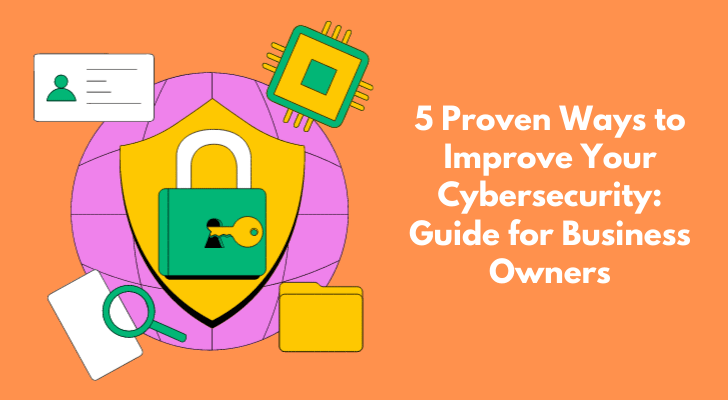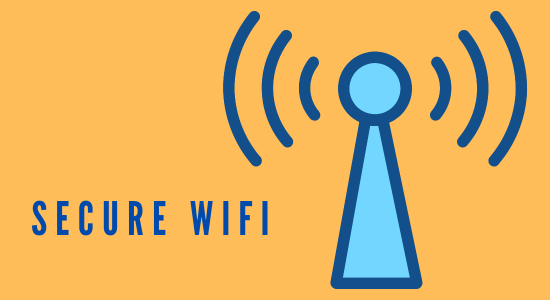Cyberattacks are happening all of the time. From your average person in the street to the world’s biggest organizations, no party is safe from the threat of cyberattacks. The scariest part about this is that global cyberattacks increased by 38% from 2021 to 2022 (Security Magazine), which shows that the threat is constantly growing larger.

As a business owner, the biggest question on your mind will be this: how can I protect my business and employees from cyberattacks? The good news is that this guide has the answers for you — and you won’t have to splash tons of cash on new cybersecurity measures to see results.
By following the cybersecurity methods provided below, you can:
Without further delay, let’s look at the best cybersecurity strategies.
1. Use Federated Identity
Federated identity, also known as federated authentication, is an excellent cybersecurity method that countless modern businesses are now using. Here’s how federated identity works:
- A third-party identity service sits in front of all the different applications that your business uses (e.g., Microsoft 365, Gmail, Salesforce)
- An employee makes a login request
- The application sends a federated authentication request to your third-party identity service
- The third-party identity service verifies that the employee is legit and it’s really them
- The employee gains access to the application
Think of the federated identity service as an extra layer of security that reduces security risks and also provides employees with the luxury of being able to gain access to your different applications without having to type in different login credentials for each one. Instead, employees get to use the same login credentials across all your apps, which saves time and boosts productivity.
Moving into the future federated identity will be a huge part of how businesses function — especially in an age where business employees now need to have multiple accounts across different domains.
2. Provide Employees with Phishing Training
One of the biggest problems in today’s business world is phishing.
Phishing is when cybercriminals send deceptive messages that contain viruses inside them. For example, all of your employees might receive an email from a company claiming to be Apple. Inside the email, they’ll be a dangerous link asking you to click on it. If an employee was to click on the link, it could lead to all kinds of problems, such as cybercriminals being able to hack your company database. This is why phishing training is so important for employees.
3. Only Use Secure WIFI Networks

Make sure your in-office and remote employees only use secure WIFI networks.
Whenever your employees are on the road, such as traveling to a conference, make sure they’re instructed not to use public WIFI (or any other non-secure WIFI sources).
4. Use Antivirus Software
Antivirus software is a must-have for all businesses. Best of all, you can get antivirus software for free and install it across all of your company devices. Yep, it’s that easy.
5. Conduct Local Backups
Finally, make sure to conduct local backups at least once a month. This way, if your cloud data is ever lost or compromised, you’ll still have all of your company data stored on a local hard drive that hackers can’t get hold of. In the age of cloud computing, local backups are still important.

